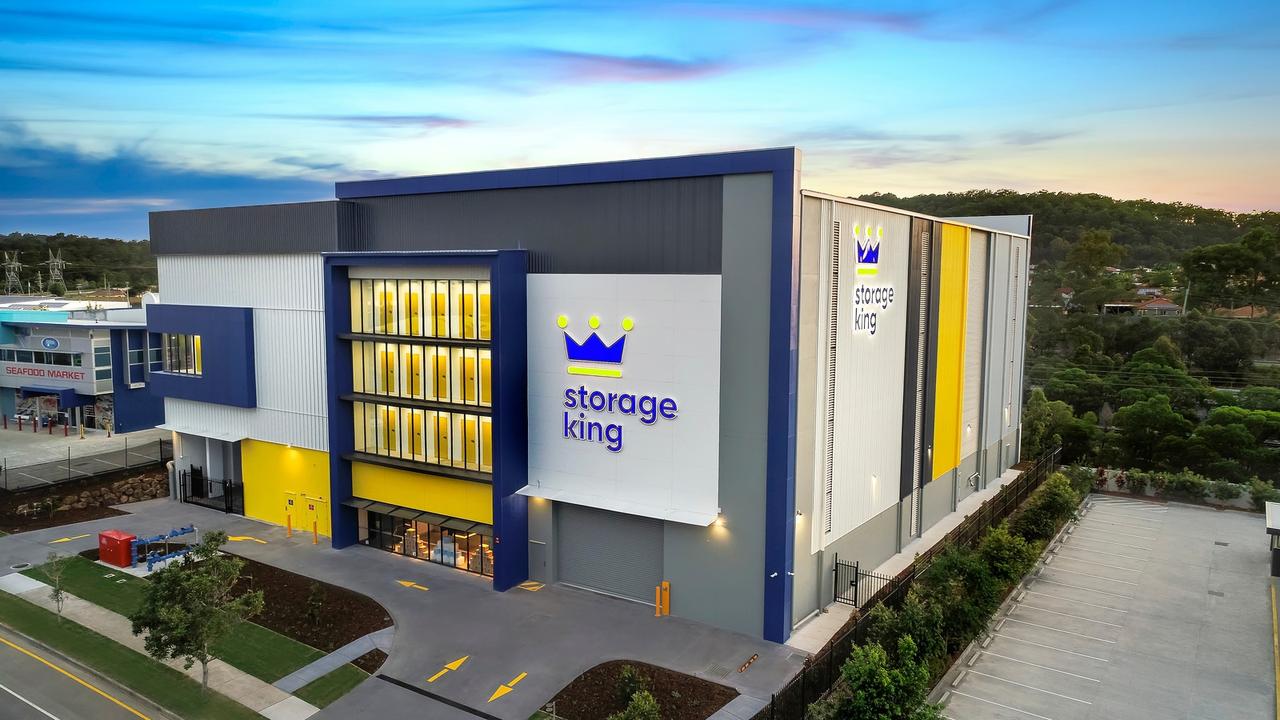Big US-based investment banks with strong balance sheets are expected to be well placed to win further equity raisings likely to be conducted by other top Australian banks in coming weeks.
Westpac’s move to tap the market for $2.5bn on Monday was aided by JPMorgan, Citi and UBS and was covered by midday, as shares were sold for $25.32 each, a 6.5 per cent discount to the dividend-adjusted closing price on November 1.
It has been a good year for investment bank JPMorgan when it comes to landing roles on major equity raising transactions, with the bank also helping on one of the major equity raisings this year — a move by Dexus Property Group to secure close to $1bn — and various other property equity raising deals during the year.
JPMorgan and Citi are currently two of the strongest performers internationally.
Citi was also on the Dexus raise. Some say the latest move for Westpac to use both banks shows the growing dominance of US-based funding powerhouses on major equity deals, as big companies such as Westpac move to ensure the groups that raise equity for them have balance sheet and credit strength and a strong performance internationally.
US investment banks are outstripping others on the global stage, particularly Europe rivals, although UBS dominates locally on the equities scene.
The sense around the market is that NAB and ANZ will both need to raise equity at some stage.
Some expect that NAB will raise this Thursday, although others say that this is not the case and the bank may even wait until newly appointed chief executive Ross McEwan has his feet under the desk in a few weeks.
When NAB moves to tap the market, it is expected that Bank of America and or Morgan Stanley will win the role.
With respect to the Westpac raising, one of the questions being asked on Monday was why the deal was structured by way of a placement, which dilutes existing holders, rather than a rights issue.
The explanation was said to be that the deal was less complicated with such a structure.
Meanwhile, while the reason for Monday’s capital raise revolved around tougher capital requirements in Australia, the real challenge for Australian banks is expected to come with mooted capital requirement changes for Australian banks with their divisions in New Zealand by that nation’s Reserve Bank.
Should the proposals come into force, it is estimated that the cost on Australia’s top four banks would be $10bn collectively, with ANZ likely to be in a position in which it would need to raise between $5bn and $6bn.
However, the more likely expectation is that Australian banks will deal with the New Zealand capital requirement changes through asset sales or by reducing their New Zealand exposure.
The latest equity injection for Westpac and others to come will help boost investment banks’ coffers for their equity capital markets teams in what has been a slow year when it comes to initial public offerings.




To join the conversation, please log in. Don't have an account? Register
Join the conversation, you are commenting as Logout